x
Hazard Statements
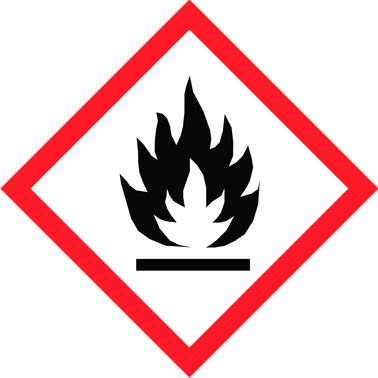
GHS02
Flammable
- Flammable gases, category 1
- Flammable aerosols, categories 1, 2
- Flammable liquids, categories 1, 2, 3
- Flammable solids, categories 1, 2
- Self-reactive substances and mixtures, types B, C, D, E, F
- Pyrophoric liquids, category 1
- Pyrophoric solids, category 1
- Combustible solids, category 3
- Combustible liquids, category 3
- Self-heating substances and mixtures, categories 1, 2
- Substances and mixtures, which in contact with water, emit flammable gases, categories 1, 2, 3
- Organic peroxides, types B, C, D, E, F
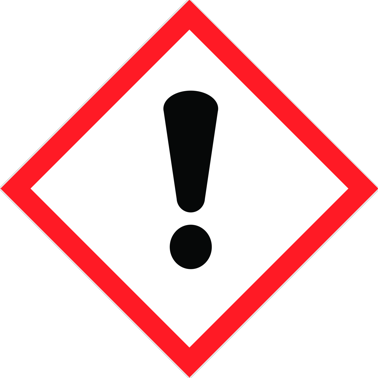
GHS03
Harmful
- Acute toxicity (oral, dermal, inhalation), category 4
- Skin irritation, categories 2, 3
- Eye irritation, category 2A
- Skin sensitization, category 1
- Specific target organ toxicity following single exposure, category 3
- Respiratory tract irritation
- Narcotic effects
Not used
- with the "skull and crossbones" pictogram
- for skin or eye irritation if:
- the "corrosion" pictogram also appears
- the "health hazard" pictogram is used to indicate respiratory sensitization
Safety & Transport Information
Cerium resembles aluminum in its pharmacological action as well as in its chemical properties. The insoluble salts such as the oxalates are stated to be nontoxic even in large doses. It is used to prevent vomiting in pregnancy. The average dose is from 0.05 to 0.5 g.The effect on the central nervous system of the rare-earth metals following inhalation may preclude welding operations with these materials to any large extent. Cerium is stated to produce polycythemia but is useless in the treatment of anemia owing to its toxic effects. The salts of cerium increase the blood coagulation rate. See also RARE EARTHS. A strong reducing agent. Moderate fire hazard; ignites spontaneously in air at 150–180°. Moderate explosion hazard in the form of dust when exposed to flame. The metal or its alloys spark with friction. Many alloys are pyrophoric in air. See also IRON DUST. Explosive reaction with zinc. Very exothermic reaction with antimony or bismuth. Ignites when heated in atmospheres of CO2 + N2, Cl2, or Br2. Violent reaction when heated with phosphorus (400°C), silicon (1400°C).
Risk Codes:
R11 - Highly flammable
R14/15 - Reacts violently with water, liberating extremely flammable gases
R15 - Contact with water liberates extremely flammable gases
R20/21/22 - Harmful by inhalation, in contact with skin and if swallowed
R22 - Harmful if swallowed
R23 - Toxic by inhalation
R36/37/38 - Irritating to eyes, respiratory system and skin
R36/38 - Irritating to eyes and skin
Safety Codes:
S16 - Keep away from sources of ignition - No smoking
S26 - In case of contact with eyes, rinse immediately with plenty of water and seek medical advice
S36 - Wear suitable protective clothing
S36/37/39 - Wear suitable protective clothing, gloves and eye/face protection
S43 - In case of fire use ... (indicate in the space the precise type of fire-fighting equipment. If water increases the risk add - Never use water)
Hazard Symbols:
May ignite on heating to 300F (148.9 C). Strong reducing agent.
RID/ADR certification :
UN 2031 8 / PG 2
x
Alternative Distributors of [Cerium]
Producers or manufacturers change the product range from time to time.
The following companies
have appeared as suppliers in the past / currently not verified
Jinan Great Chemical Co., Ltd. | Jinan Haohua Industry Co., Ltd. | Pfaltz & Bauer, Inc.
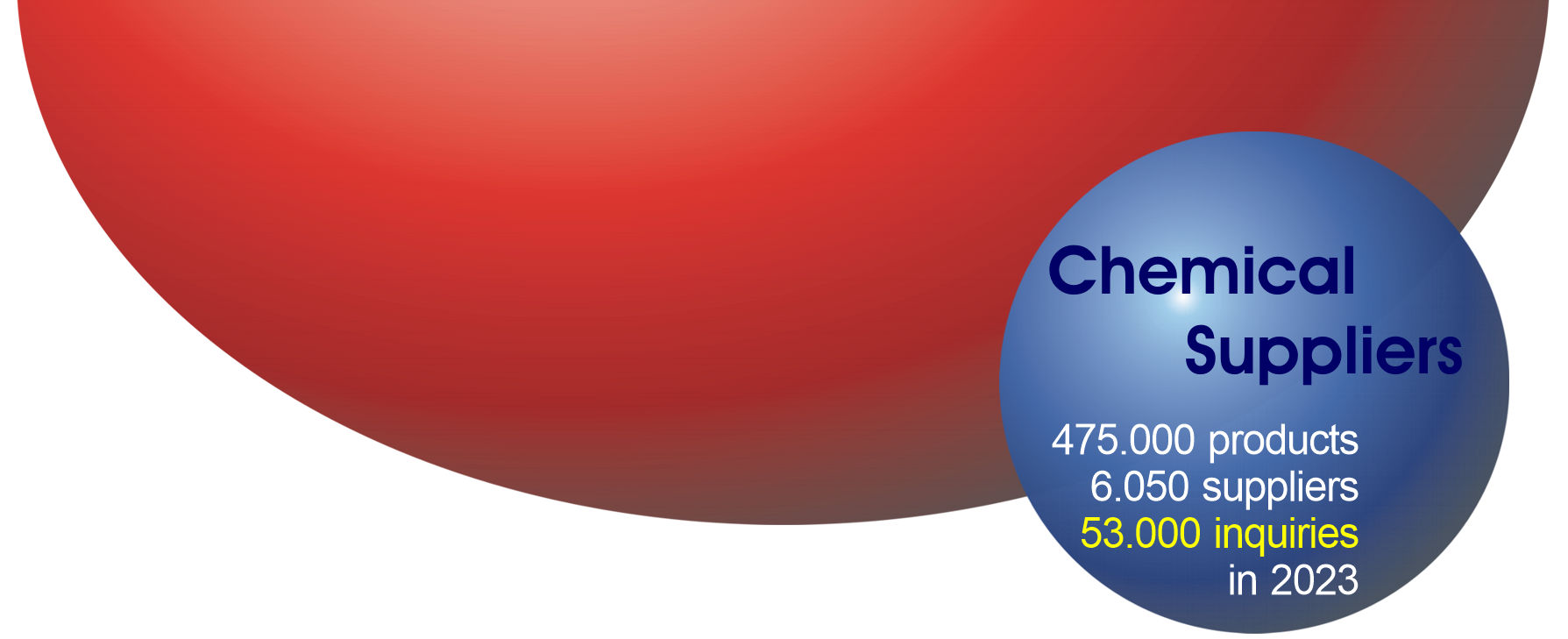
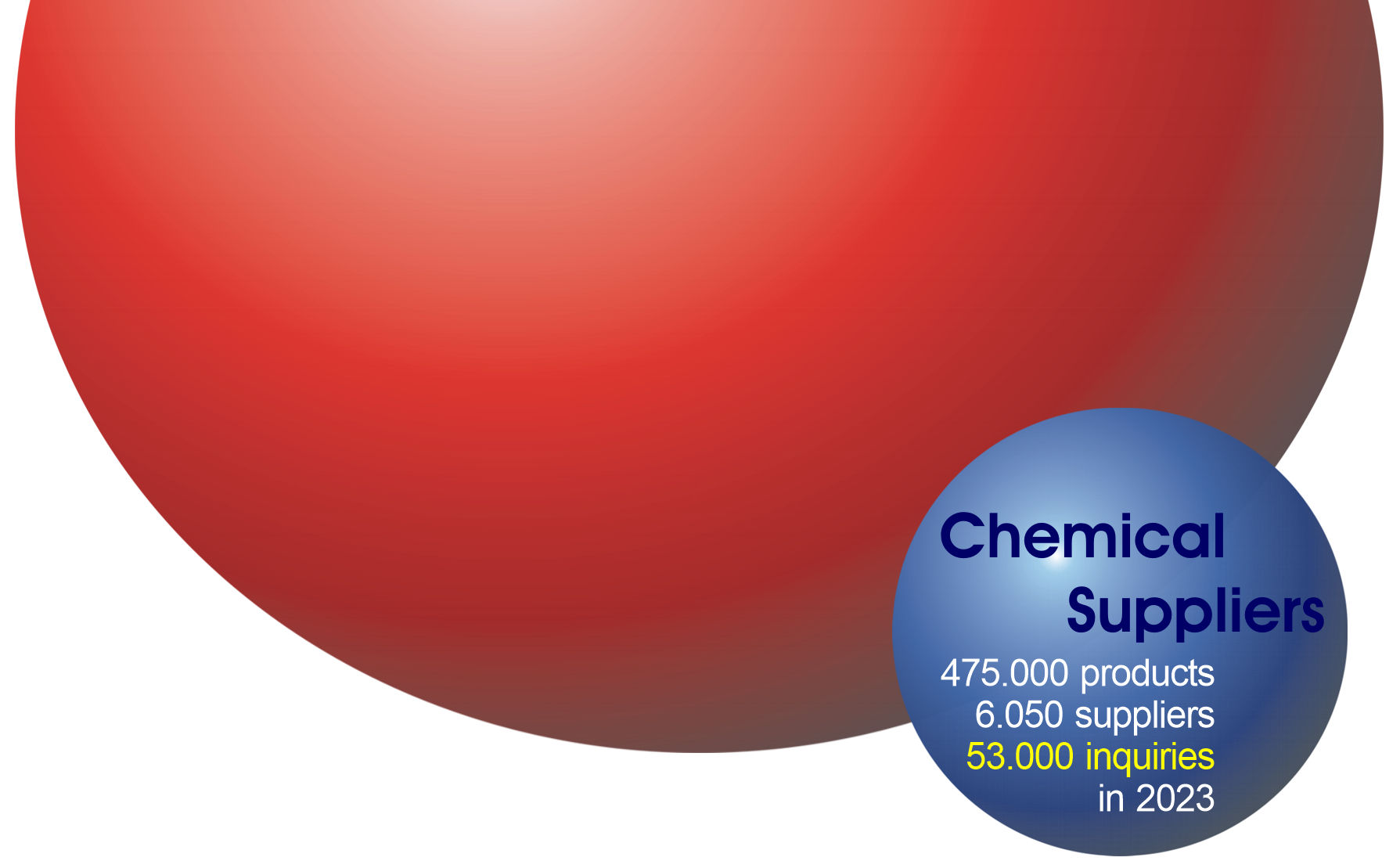
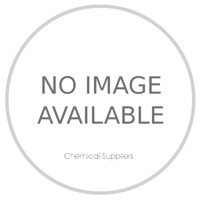



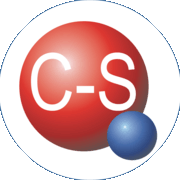 Chemical-Suppliers.eu
Chemical-Suppliers.eu